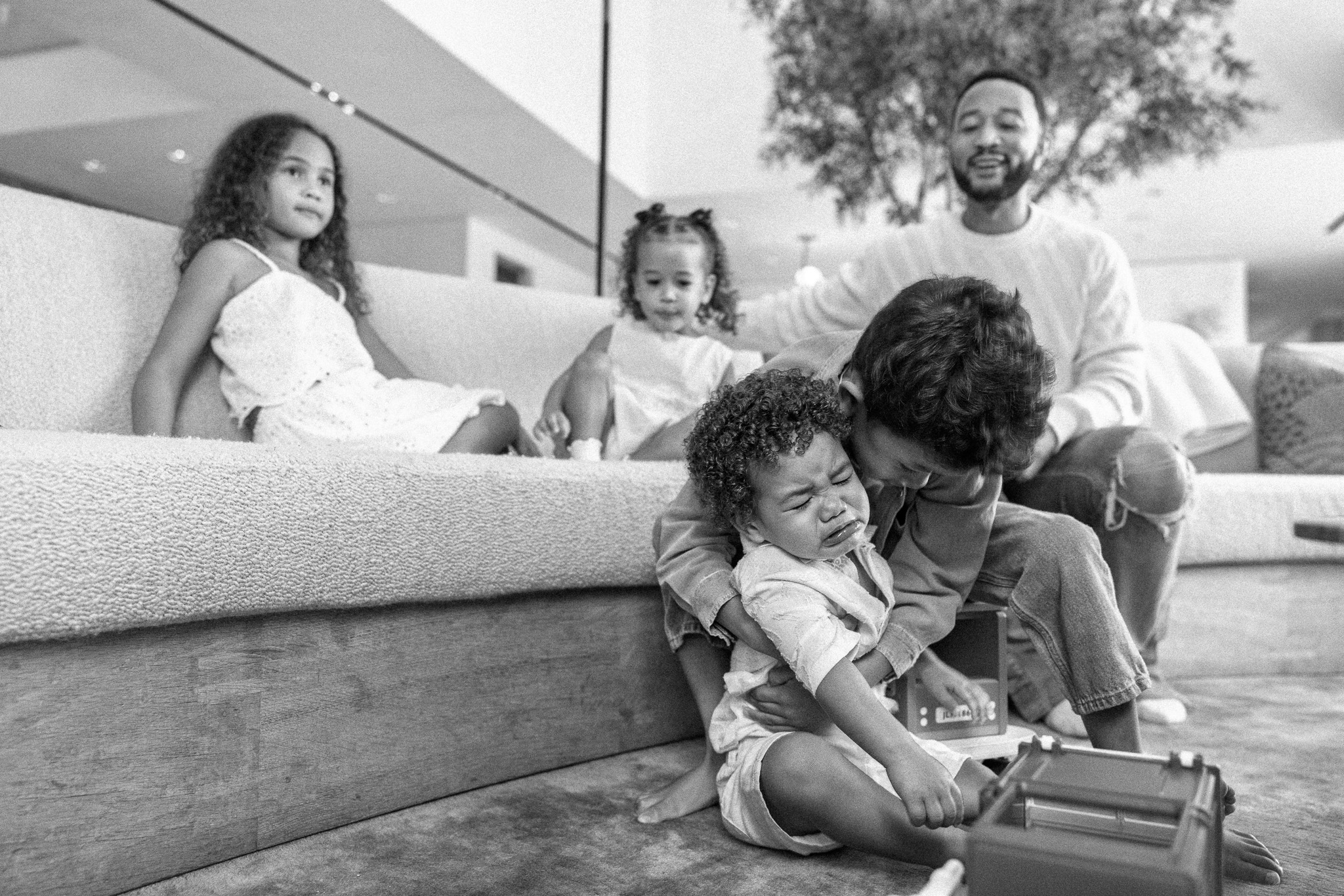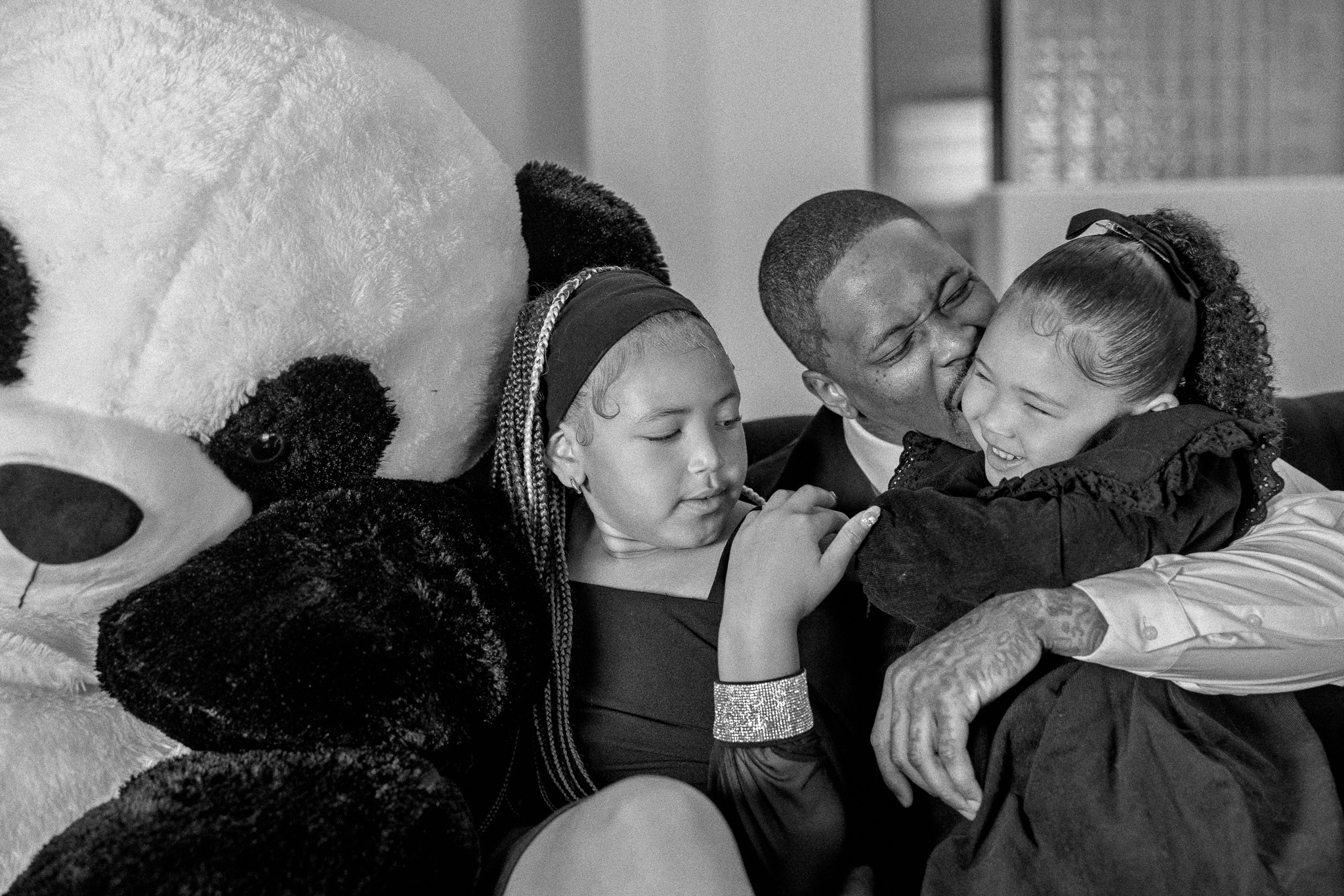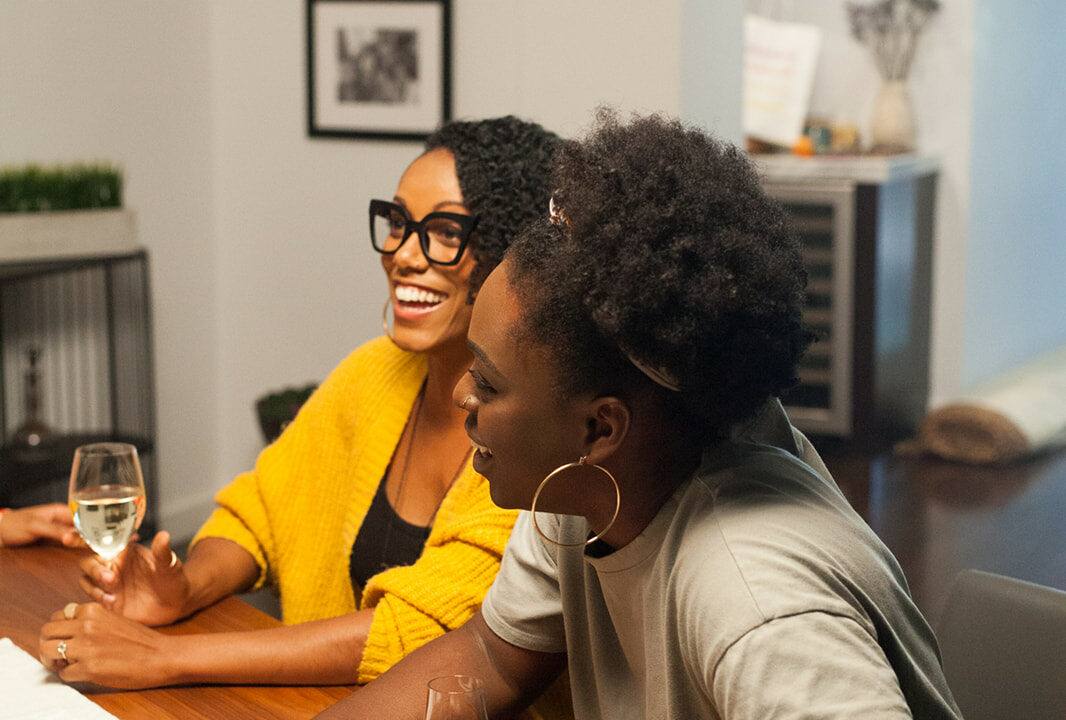
Courtesy of pexels.com
Courtesy of pexels.com
There’s no cookie-cutter way to parent, y’all. Black Love’s podcast “Parenting for the Culture” is a roadmap to guide you through the unexpected issues of parenting that aren’t discussed in typical parenting spaces. Educator, PBS Early Learning Champion, and mama of six Charisse Sims gives tips and tricks on how to navigate parenting and get through the hardest job you’ll probably ever have.
In recent episodes, Charisse gave parents a guide on the pillars of peaceful parenting and what gentle parenting actually is. These pillars take you through peaceful parenting and will provide a better understanding of how we can use gentle and conscious parenting. If you’re looking for an easy way to start peaceful parenting, we’ve got you covered with the P-E-A-C-E-F-U-L Parenting method.
Perception
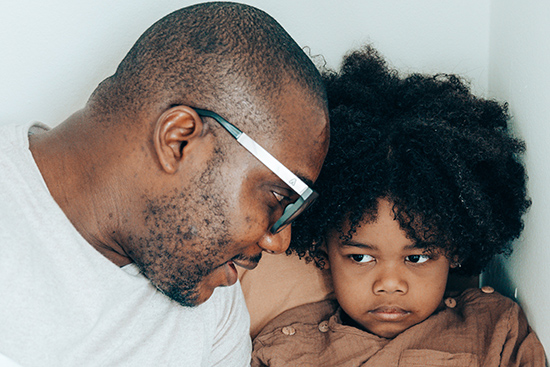
Courtesy of pexels.com
Before even becoming parents, most people already have a perception of children-negative or positive. Most people think children are brats, spoiled, cute, or innocent. Most people perceive children to be brats and manipulative because they have this idea that “they’re crying to get their way and throwing things to get their way.” When you have a general negative perception of children, most of your experiences and interactions with children are going to feel negative. People have a negative perception of children because most of the time, they feel personally insulted or offended by the child’s actions. They feel like they should be in control of the situation and child, yet when the child does something normal like get upset or yell, they think the child is now being manipulating and controlling.
The perception that we should have instead when it comes to kids is that they are humans and “humans are good, and they want to be great.” When you have the perception that your child wants to be great, they will excel in a lot of areas of their life. They will excel academically in their relationships with others, and they’ll be eager to do and achieve more. You’re fueling them to have the mindset that they can be excellent.
What most parents don’t realize is that people mimic the perception you carry of them. Writer Charles Cooley once said, “I’m not what I think I am. I’m not what you think I am. I am what I think you think I am.” If you think your child is evil and bad, then guess what that’s how they’re going to act. And not only that, but they’re thinking, “If I’m gonna be bad, I’m going to be good at it.” “The perception of how we see our children really changes how we interact with them and how we experience things.” Most people naturally pick the perspective that makes them feel the best instead of being the villain. As a parent, think about where you’re perception of children comes from and how you can change it.
Education
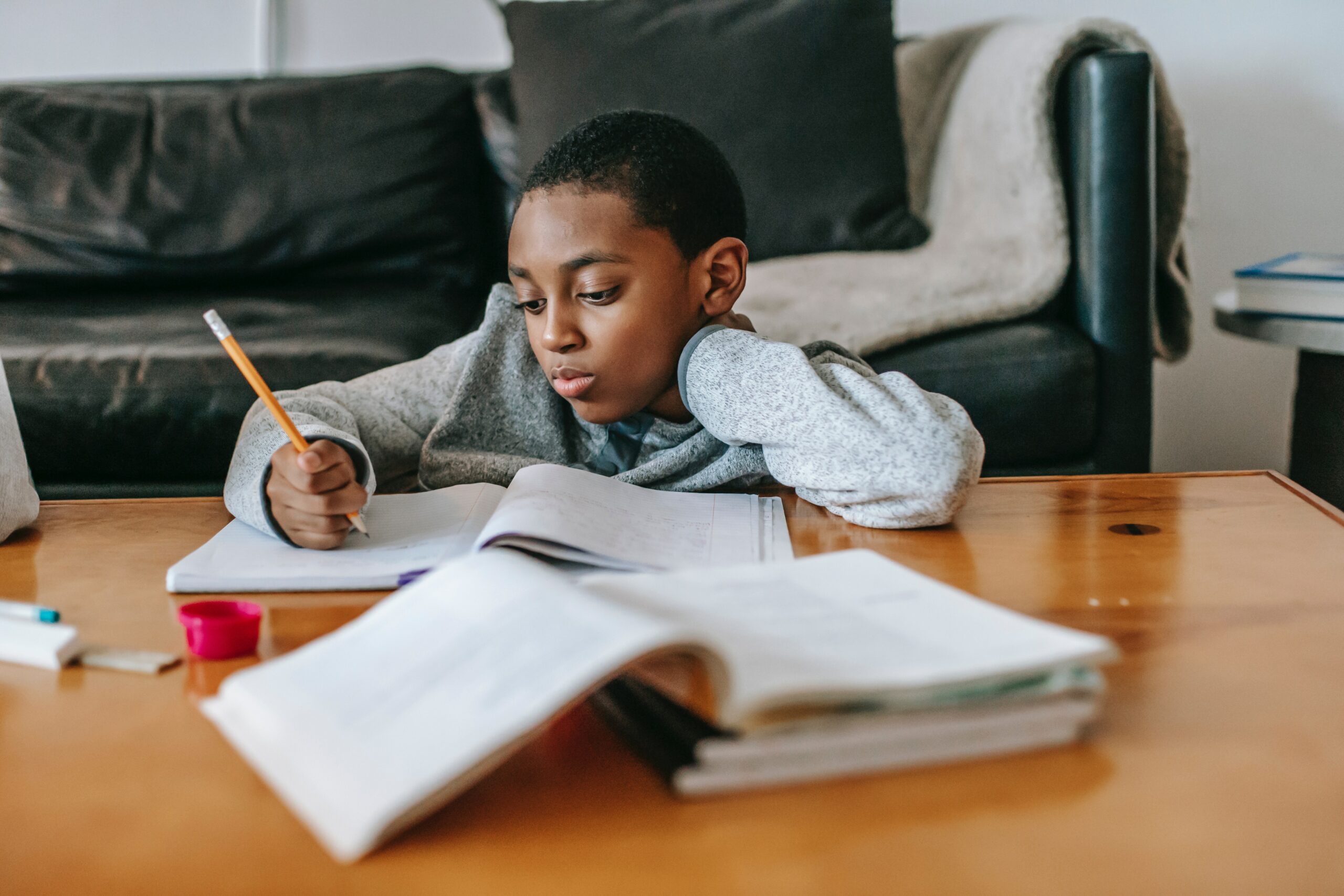
Courtesy of pexels.com
Our perception a lot of the time, is based on the education we have. Parenting is a whole different ballpark for a lot of people and most people enter it blindly. It’s crucial to educate yourself to have an accurate perception and set of expectations for your children. A lot of times, without even trying, parents compare children to their peers, cousins, and even siblings when it comes to behavior or developmental milestones. Most parents don’t do the research to actually know when children should start walking or why a child hasn’t started talking yet. Things such as reading aren’t an indicator of how successful a child will be in school or life. “When we find the education about them, it helps change our perspective about them and ease our fears and anxieties and changes the way we approach situations.”
Related Articles:
Parenting From a Healed Place: Loving Your Queer Children Unconditionally
Why Hearing Black Men Discuss the Nuances of Parenting and Co-Parenting Matters
Missing “Black Love Doc” and Want More? Check Out the Exclusive Podcast!
Awareness
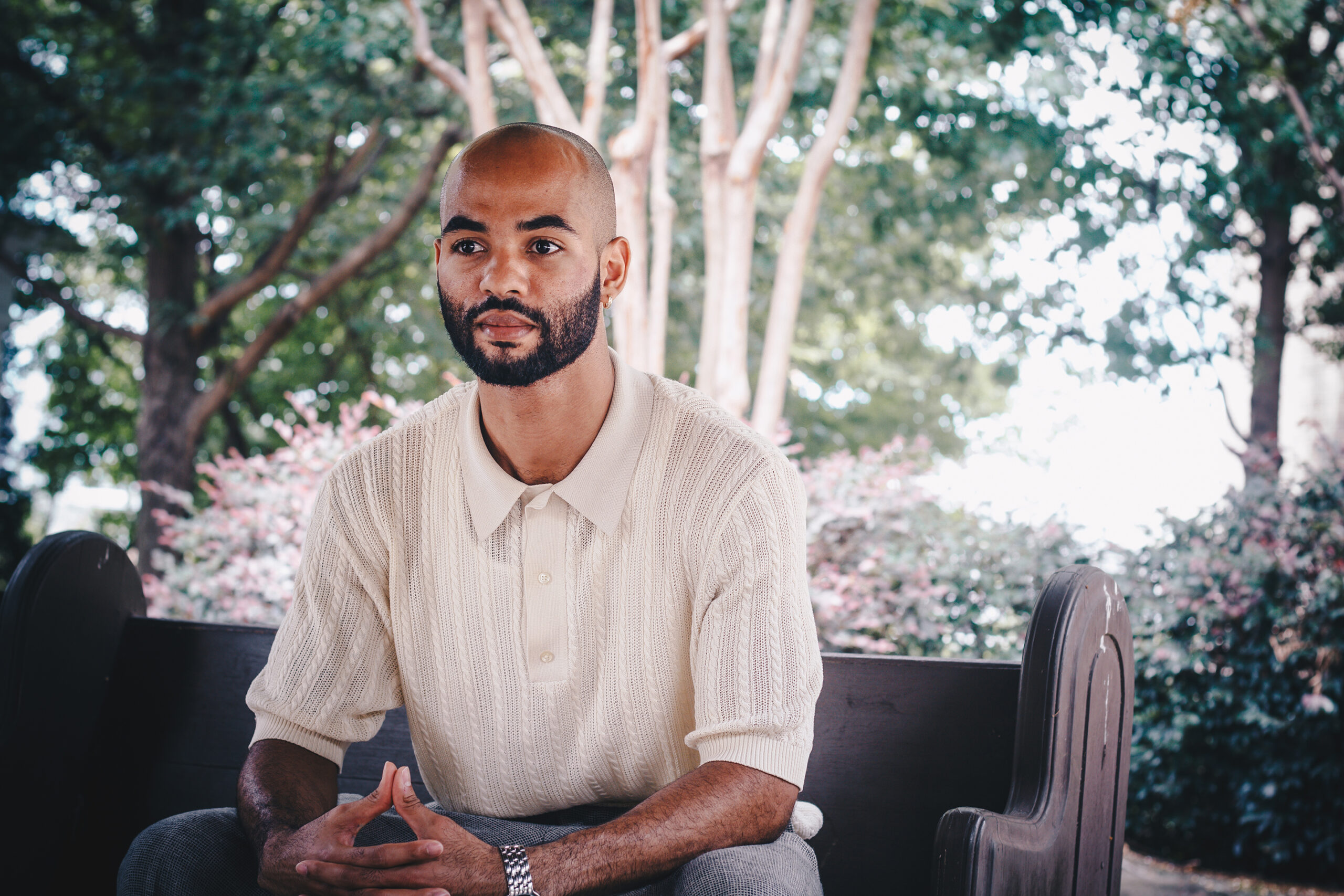
Photo courtesy of CreateHerStock.com
Awareness isn’t just about knowing yourself, “awareness is also about knowing how other people see you.” Be aware of how what you’re doing is impacting others, and remember that your intent may not be your impact — how you may have intended for someone to receive something you said or did may come off in a completely different manner. A way to do this is by practicing self-awareness with vulnerability, honesty, and humility. Self-awareness causes you to notice things you don’t like about yourself and reflect on trauma. When you take this step for yourself, it causes you to have a more positive impact on people.
“Sometimes the greatest challenges that we have when it comes to parenting, we think have to do with our child, when in fact they have to do with us. And if we’re not able to self-reflect and be aware of where our triggers are coming from, then we’re not able to help our child.” A lot of the problems parents face with their children are rooted within themselves. Some ways to practice self-awareness are by asking questions. “Part of self-awareness is finding the right questions to ask.” Ask ‘how’ and ‘what’ questions rather than ‘why’ to help your brain come up with answers and give yourself more encouragement. Check in with yourself on a daily basis. Ask yourself “what went well in my day? What didn’t go well? How can I be better tomorrow?”
Connection

Courtesy of pexels.com
Having awareness can connect or disconnect parents from their children. Having awareness and the ability to make connections as to why you may feel a certain way or why something may be triggering you more than usual gives you the chance to do a little self-reflection and think about your reaction and come up with solutions. Having a certain level of self-awareness eases the pressure off your child and allows them grace that may be difficult to give otherwise.
A major part of parenting is knowing your child and being connected to them. The main way to do this is by spending time with them. By spending time with them, we’re not talking about a quick 5-minute conversation when you’re halfway out the door, but the intentional time that you set aside to spend with your child. This will make them feel more important and allow you to be genuine with how you care for them. A simple way to schedule connection time with your child is by creating a routine. One thing that Charisse does with her family every day is talking about the pit (the worst or most challenging part of your day) and peak (highlight of the day) of their day.
Environment

Courtesy of pexels.com
The environment your child grows up in affects a lot of areas of their life: their behavior, their health, their emotional status, and so much more. The main aspect that comes to mind when people think about the environment is the physical. Before a child’s even born, a lot of parents start child-proofing their house. Covering sockets, putting sharp things higher up, and covering sharp corners with rubber. But as children grow older, most people start to forget the importance of the physical environment.
One way to maintain physical order and safety in your house is the placement of things. “Everything in your home needs a home.” Have a designated place for things, whether this be a shoe rack at the door that they put their shoes on right when they come home so they don’t trip over it or a bucket for their toes or hooks for their jacket. Keeping belongings in certain places helps children feel less overwhelmed because they know where stuff is rather than having to frantically look. This provides an environment of peace and cleanliness.
The other aspects of the environment are mental and emotional. You should be your child’s safe space. When they have a safe environment mentally and emotionally, “they’re more likely to step into that area and be able to be in a space where they can learn and grow with us and not outside of us.”
When thinking about if your child’s physical environment is safe, think about what your house looks like and how it makes you feel. When thinking about the mental and emotional environment, consider how you feel and how you’re showing up for yourself and your children. Ask yourself if you’re a safe space that’s welcoming for them to come to with their challenges and problems.
Friendship
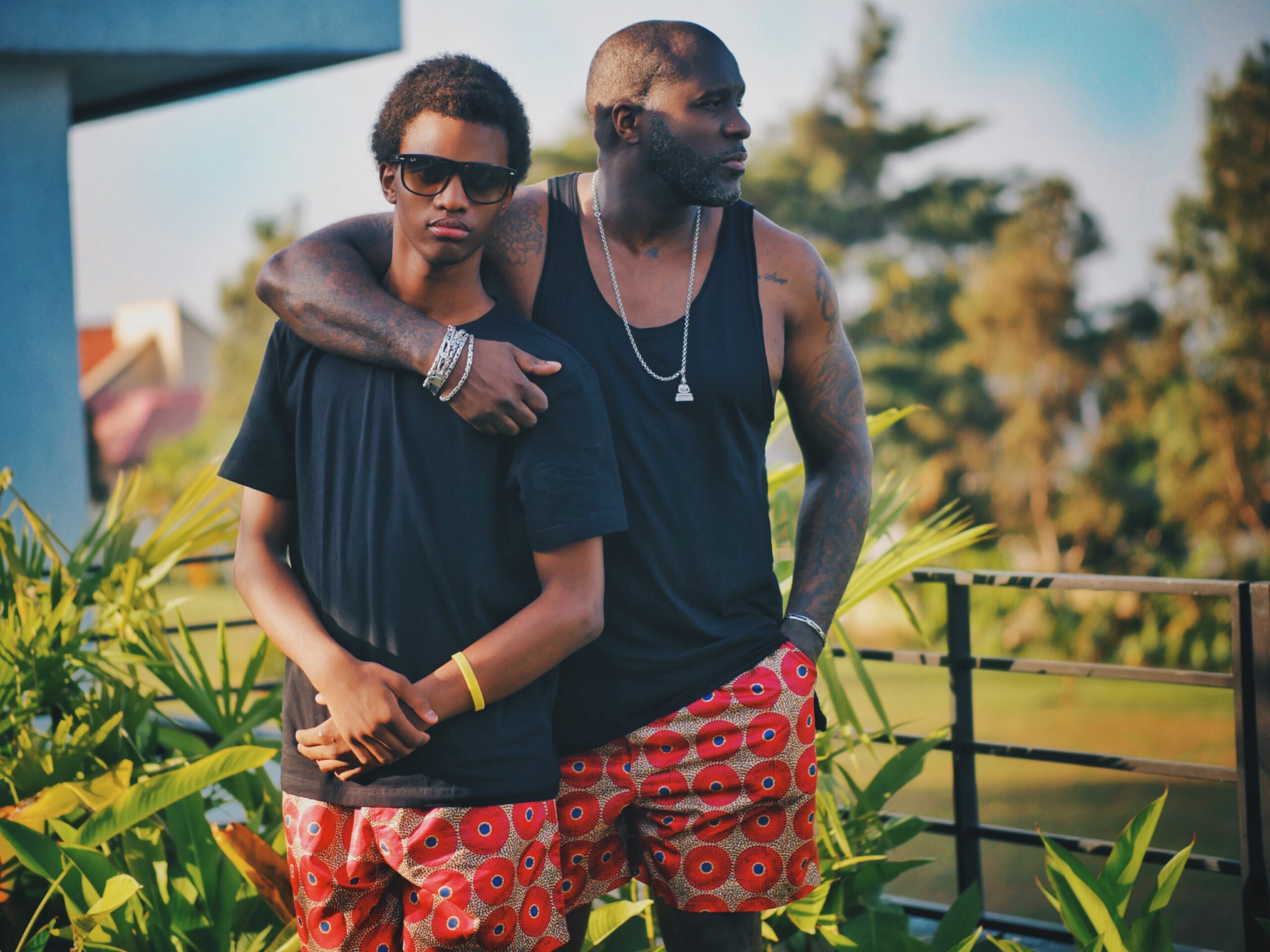
Courtesy of pexels.com
Listen, we all grew up hearing “I’m not one of your little friends” from our moms. This statement is said to often establish dominance and let you know you gotta treat your elders with respect. However, you can have a friendship with your child that has boundaries. They don’t have to be your BFF, but you should be a friend to your child. You are your child’s first friend from the minute they enter the world. When you think of your friends, you usually think of trusted people and people you feel safe going to when you’re in trouble.
Before you develop a friendship with your child, reevaluate your definition of friendship. Just because y’all are friends doesn’t mean you can’t have boundaries. Think about the core values of what makes friendship valued and treasured, and figure out how you can have that with your child. We have different friends for different things-the turn-up friend, book friend, social friend, and intimate friend. You don’t have to be every type of friend to your child, and you definitely don’t even have to be the “cool friend”. You can be your child’s friend and still have respect and boundaries so your child isn’t talking to you crazy.
As they get older, you can then teach them “how to be a friend and how to have a friend and how they should be treated by friends.” “If you’re not their friend and showing them what a friendship should look like, how will they know how their friends should treat them?” You set the guideline for how they’ll approach all future relationships, romantic and platonic, for the rest of their life. Because you already have this established level of respect, they’ll feel comfortable enough to come to you about whatever. When you create that genuine friendship, they’ll feel comfortable coming to you in situations or when they’re in trouble rather than their friends who may not give them the best advice or have their best interests at heart.
However, just because y’all cool, it doesn’t mean you can come to them about everything. “Do not get confused in your friendship with your child where all of a sudden they become the person you talk to when your partners getting on your nerves.”
Understanding
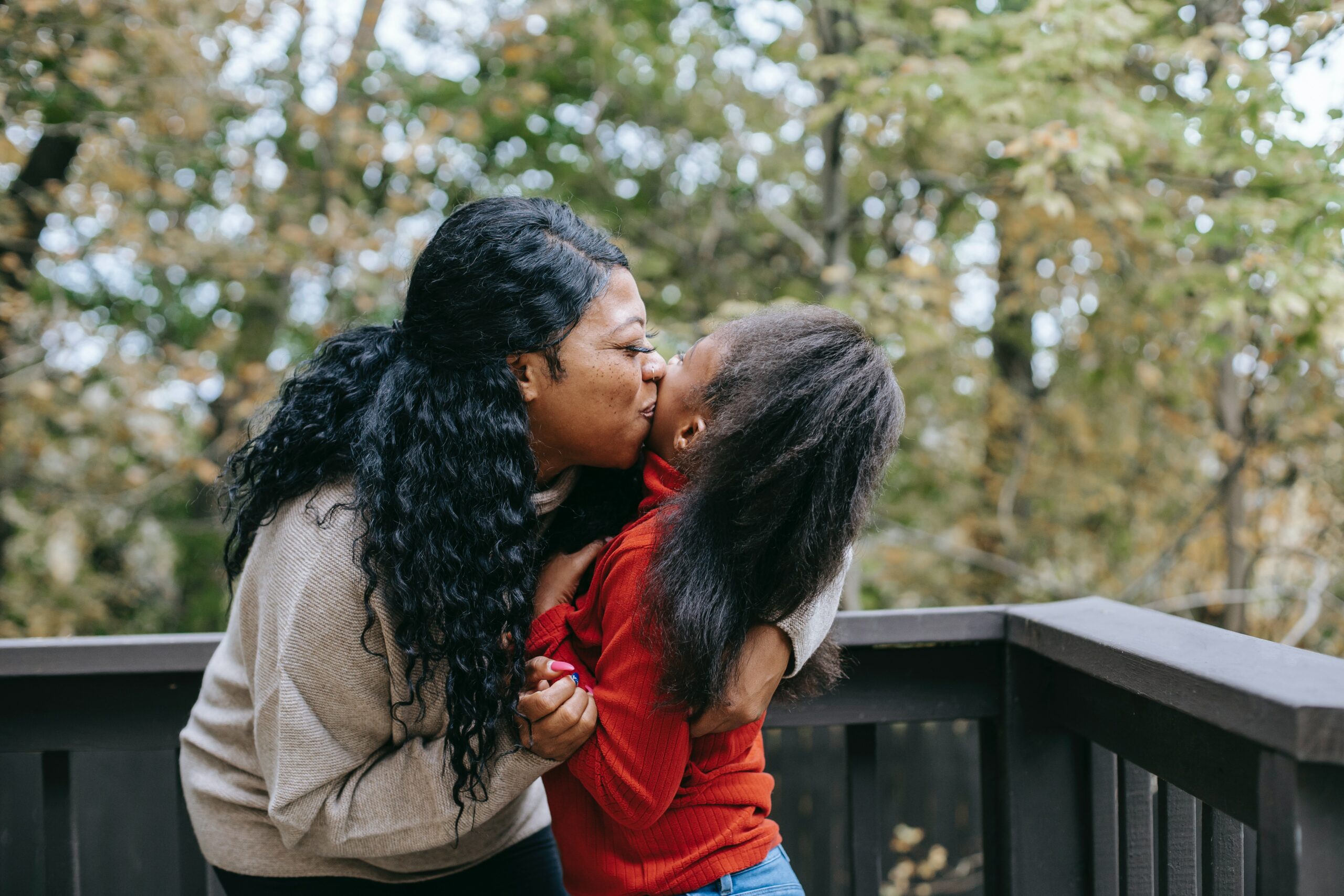
Courtesy of pexels.com
Having a better understanding of children gives you more patience when dealing with them. It’s important to have an understanding for your child’s development and how different each child really is as their own individual because not all kids are gonna start walking at the same time or be reading above their level. “Understanding is synonymous with compassion. You have understanding, it gives you more compassion.”
Extend the understanding to yourself too. Take some time to get to know yourself and understand your triggers. If there’s a moment where you’re triggered and you ask yourself why you’re feeling like this, and the answer is focused on what he did or what she said, “rearrange that thought process and really take time to figure out why these situations trigger you outside of what your children are actually doing.” That button that they keep pushing existed before them and will exist after them. Figure out what created that button in the first place and how you can deal with it.
It’s also important to have a basic understanding of your strengths and weaknesses as well as your child’s. A great way to recognize your child’s weaknesses is H.A.L.T. Ask yourself if they’re hungry, angry, lonely or tired. If your kid’s tired and hungry, no matter how many times you ask them to do something, they probably won’t do it. To have positive outcomes “understand where they’re at mentally and physically before you’re making certain requests of them…If you’re asking them to do something they’re not capable of doing, whether it be in that moment or period, you continuing to ask them to do it is only gonna trigger you more and make you more frustrated.”
Listening

Courtesy of unsplash.com
Great leaders are great listeners, and as a parent, you’re your child’s first leader. For years we’ve heard that children should be seen and not heard, however, “if you’re not going to hear a child, then you actually need to SEE them.” Spend time with your kid and educate yourself to be able to recognize where they’re at developmentally, where their joys are, where their fears are, and what are their strengths and weaknesses. In order to listen to someone, you have to spend time with them. Set aside some time each week or even each month solely dedicated to your child. Before spending time with them, make sure you remove distractions. Put your phone away or turn it off and let them see you actually do it so they know they have your full attention. Doing this “communicates to them that in this moment, they’re the most important thing and that you hear them.”
Be curious about their lives. Ask questions instead of assuming. A lot of times, adults ask questions thinking they already know the answer and what’s going on. Instead, listen to actually find out what’s happening. One way to do this is by stating observations when asking questions rather than making accusations. Let’s say your child is playing around a vase and all of a sudden it breaks. When you approach them, say ‘I noticed that you were playing around the vase and now it’s broken. Can you tell me what happened?’ Rather than pointing fingers and asking something like, ‘Did you break the vase?’ When you approach situations this way, it opens up a space for them to explain what actually happened and be honest. “Nobody wants to go into a battle they’ve already lost.”
“Listen to listen, not to respond.” Sometimes when someone’s talking to you, you’re too busy coming up with a response that you’re missing what they’re actually saying. Sometimes your kids don’t wanna hear what you have to say. Maybe they just want to vent and say what they have to say rather than wait for a response. And when listening, don’t just listen to what they’re physically saying but pay attention to what’s implicitly and explicitly being said. Pay attention to body language, facial expressions, and tone of voice because sometimes that’ll tell you more than the words coming out of their mouth.
Parents and folks who are looking for advice on how to become better parents or prepare, look no further than “Parenting 4 The Culture.” For more parenting tips download the Black Love app and stream “Parenting 4 The Culture!”
Related Articles
John Legend shows the beauty of Black fatherhood in this Father Noir feature—love, presence, and parenting four kids with Chrissy Teigen.
Rapper YG is an example of Black fatherhood, raising daughters Harmony and Vibe and breaking generational cycles, as shown in this powerful Father Noir feature.
Qasim Basir’s To Live and Die and Live is not a film that offers easy answers.
Featured Articles
The vision for our engagement shoot was to celebrate ourselves as a Young Power Couple with an upcoming wedding, celebrating our five year anniversary - glammed up and taking over New York.
When Elitia and Cullen Mattox found each other, they decided that they wanted their new relationship together, their union, to be healthier and different.
Let’s take a trip down memory lane and revisit 10 times Michelle Obama gave us a masterclass in love.
Meagan Good and DeVon Franklin’s new relationships are a testament to healing, growth, and the belief that love can find you again when you least expect it.
Celebrate their marriage and partnership with the release of the documentary “Time II: Unfinished Business”
Yes, I wanted my mom to still love me, but I needed her to love me. I wanted to know that by opening up about this part of my life she could actually love me more fully.

